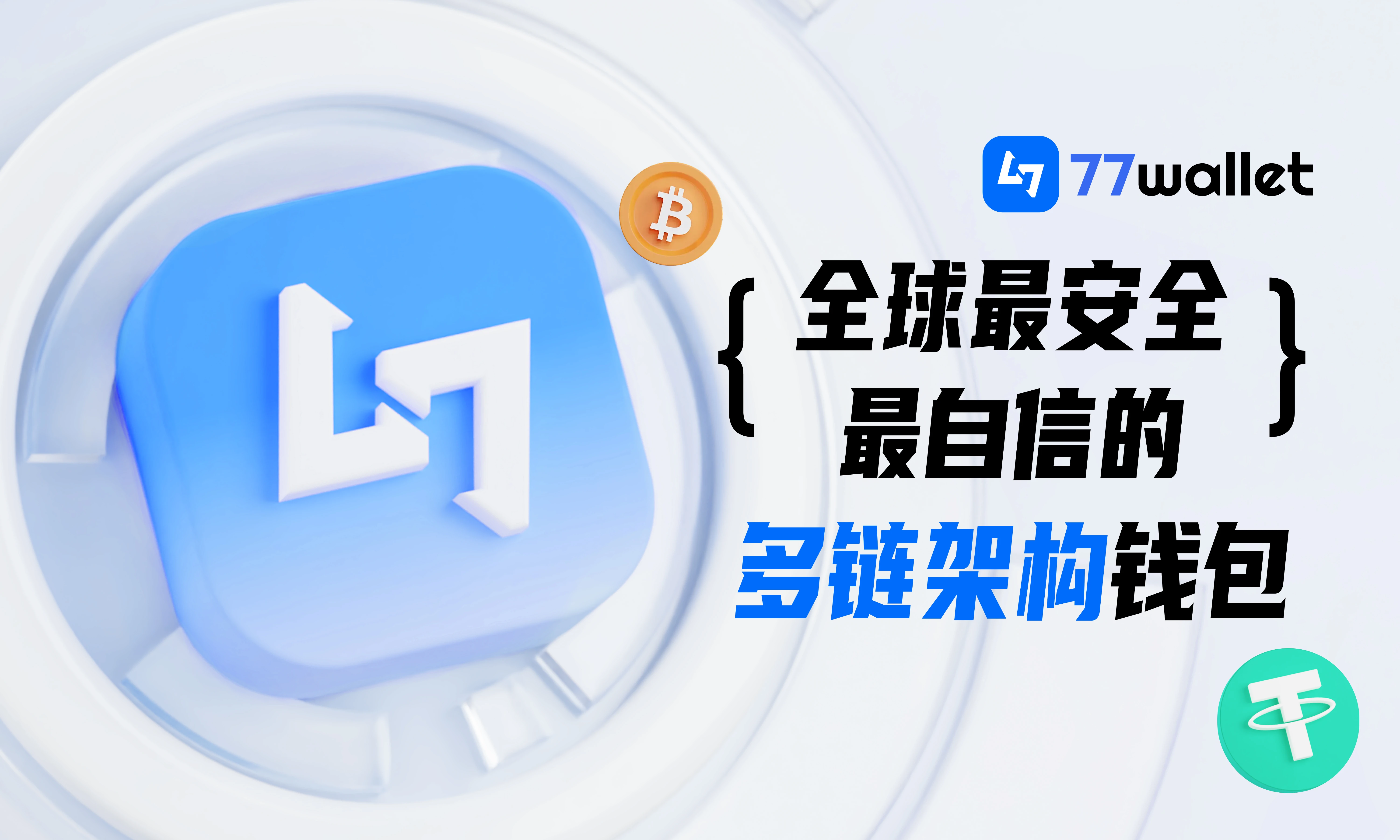
77 Wallet launches TRON chain free gas fee mechanism, transfer 0 TRX fee
In order to solve the problem of users frequently encountering transfer fees on the TRON chain, 77 Wallet has taken the lead in launching the industrys first Energy Gas-free Mechanism. From now on, users who initiate TRON transfers through 77 Wallet will enjoy a pleasant experience of 0 TRX fees.
There is no need to pledge TRX or prepare handling fees, the platform will subsidize the required energy for you.
The daily subsidy energy pool can reach up to approximately 3,335,270 energy, which means that the platform can save users up to approximately 333,527 TRX in transaction fees per day.
Note: The daily energy pool quota changes dynamically according to the system operation status. The quantity is limited and it is on a first-come, first-served basis.
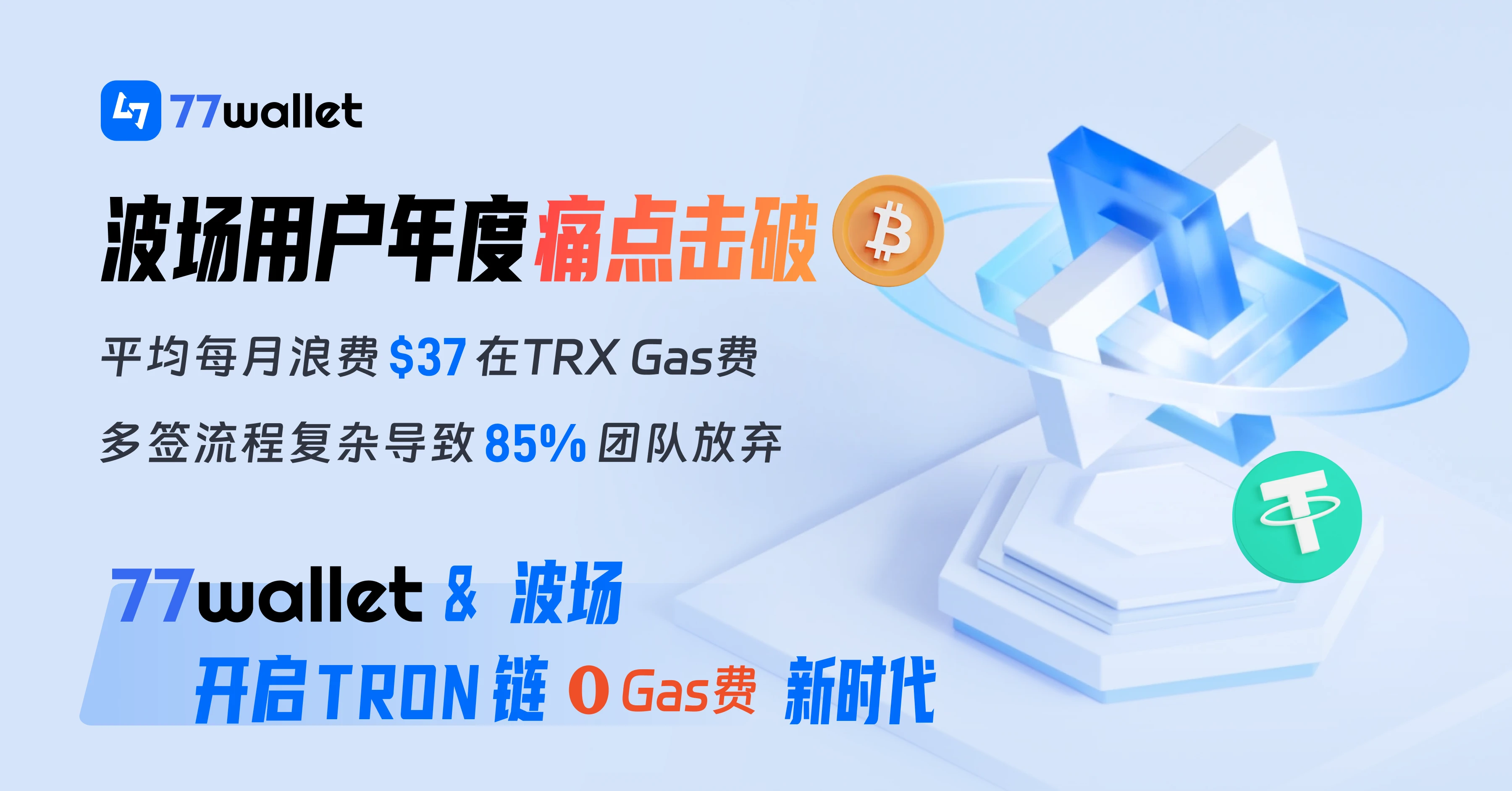
Subsidy rules:
A single address can enjoy up to 5 energy subsidies per day
The maximum amount of energy you can get at one time is 150,000 (equivalent to 15,000 TRX transaction fees)
Energy is released in real time and will be used when resources are exhausted. It is recommended to use it during off-peak hours.
77 Wallet is making TRON transfers easier and more hassle-free. Experience the new way of Web3 now.
Introduction: When multi-chain becomes the norm, why are users still lost in the wallet jungle?
According to the 2025 Crypto Asset Management Report, 70% of asset loss incidents are caused by multi-chain management errors . When users frequently switch between Ethereum DeFi, Solana NFT, and Bitcoin Layer 2, they have to face:
Fragmented tools: 63% of average users manage more than 5 wallet applications
Security fragmentation: Cross-chain interactions increase the risk of private key exposure by 400%
Cognitive overload: Learning the gas mechanism of different chains takes an average of 47 minutes per day
Wallet selection is not a technology race, but a precise match between risk appetite and use case. - Pieter Wuille, Bitcoin Core Developer
77 Wallet was born to put an end to this era of inefficiency and risk.
Technical analysis: How to conquer 1000+ chains with one architecture ?
1. Technical analysis: Building a cross-chain communication architecture that supports 1,000+ chains
The core of the architecture lies in the modular verification node cluster and unified communication abstraction layer to achieve atomic-level interoperability between heterogeneous chains:
EVM-compatible chain: integrates mainstream nodes (such as Geth, Nethermind) through modular adapters, supports Ethereum mainnet and all EVM Layer 2 networks;
Non-EVM chains: Implement a lightweight state synchronizer (written in Rust) for Solana, compressing resource usage to MB level; and build a high-performance UTXO indexing and transaction parsing engine for the Bitcoin chain;
Cross-chain communication: Integrate Chainlink CCIP to realize inter-chain message transmission, combined with dynamic path selection logic, to improve cross-chain success rate and execution efficiency (test failure rate is less than 0.13%).
2. Rust-driven light node synchronization technology
Compared to the C++/Go solution, our Rust implementation brings 3x performance improvement:
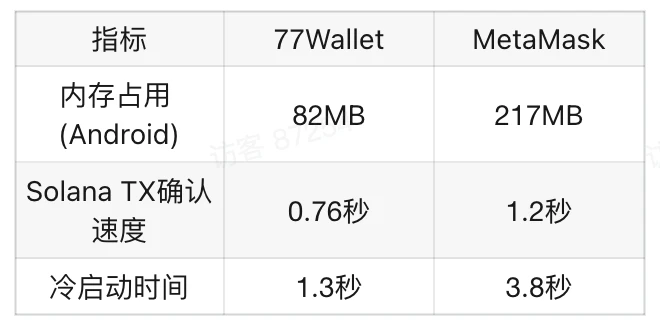
[Test data source: internal laboratory, 2025/03]
3. Unified Account System: One Mnemonic to Rule All Chains
Based on the BIP 39 extension protocol, users generate a single set of mnemonics:
Hierarchical Deterministic Addresses: Ethereum (m/44/60), Bitcoin (m/44/0), Solana (m/44/501)
Cross-chain risk isolation: The private keys of each chain are independently encrypted and stored, so even if the private key of a chain is leaked, it will not affect other assets.
Data verification: using mathematics to prove safety and efficiency
Engineering implementation of connecting 1000+ networks
Through the automated chain feature extraction framework, we achieve:
Testnet coverage rate 98.7%: Continuously monitoring 500+ testnets including Goerli, Sepolia, etc.
Smart contract vulnerability scanning: Integrate CertiK real-time detection engine to intercept malicious DApp requests
Node redundancy mechanism: 237 verification nodes are deployed globally, and automatic switching occurs in the event of a single point of failure
![Dune Analytics data dashboard: 77 Wallet multi-chain transaction success rate comparison]
Performance test: Redefining wallet speed
In the Solana stress test, 77 Wallet showed amazing efficiency:
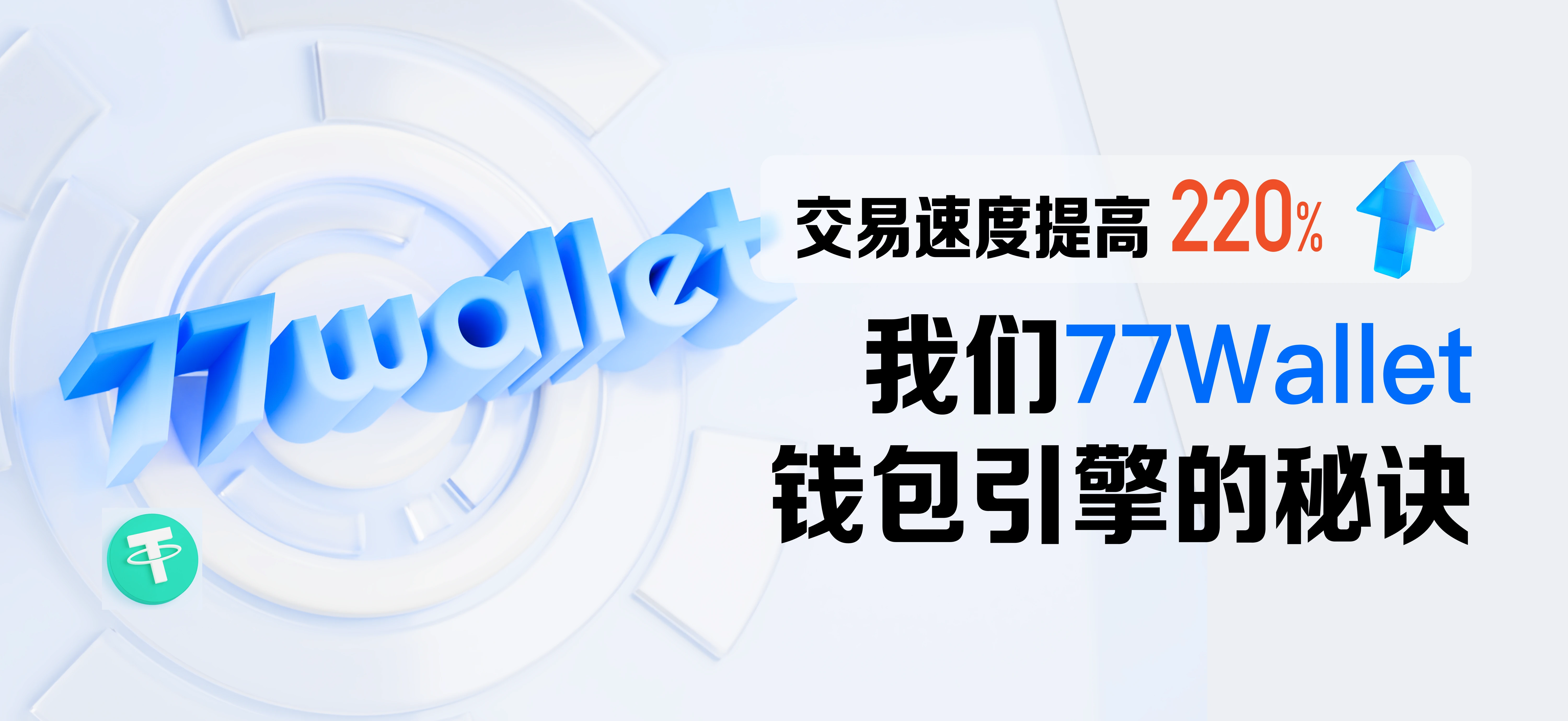
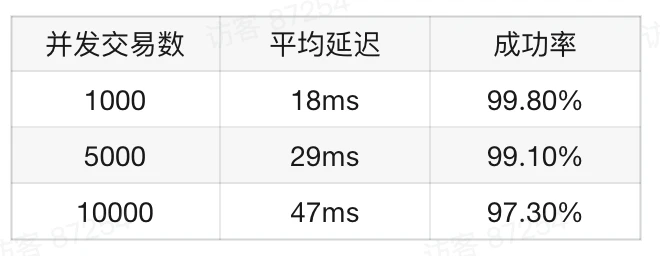
[Test environment: Google Pixel 7 Pro, 2025/03]
Developer Value: How to Reconstruct Multi-Chain Ecosystem with SDK 3.0
77 Wallet SDK provides a full-chain compatible abstraction layer:
// An example of core transaction signing in Solana
impl Signer for SolanaSigner {
fn sign(
key_mgr: dyn KeyManager,
raw_data: [u 8 ],
meta: Metadata
) -> Result<Vec<u 8>> {
// 1. Parse Borsh-encoded instructions
let instructions = solana_parse(raw_data)?;
// 2. Add compute budget instruction
let budget_ix = compute_budget_instruction(instructions);
let mut instructions = vec![budget_ix];
instructions.extend_from_slice(instructions);
// 3. Retrieve the key
let key = key_mgr.get_key(meta)?;
let keypair = key.into_solana_keypair()?;
// 4. Build and sign the transaction
let tx = Transaction::new_signed_with_payer(
instructions,
Some(keypair.pubkey()),
[keypair],
recent_blockhash()
);
Ok(tx.serialize()?)
}
}
Core advantages:
Automatic adaptation of chain characteristics (Gas token/account model/signature algorithm)
Built-in multi-chain debugging tool (simulator supports 50+ mainnets)
About Us: From Cryptography Geeks to Industry Standard Setters
Team Background
CTO Dr. Alice ZHOU: Former Zcash core developer, co-inventor of the zero-knowledge proof protocol Zk-STARKs
Security Consultant Prof. Satoshi Nakamoto Zc.: Early Bitcoin mining pool architect, discovered 3 critical CVE vulnerabilities
Lee Zhang, Director of Ecosystem Growth: Led the global promotion of MetaMask Snap system
Product Roadmap
2025 Q1: Launch TRON chain fee-free mechanism and secure universal multi-signature function (convenient for individual users and groups who use wallets frequently)
2025 Q2: Launch wallet insurance business (covering the risk of private key leakage/contract vulnerability)
2025 Q4: Hardware wallet collaboration solution (supporting FIDO 2/biometrics)
Take Action Now
✅ Check out the developer documentation
✅Join the Discord community
The data in this article has been audited by a third party. For a complete test report, please see the GitHub repository.










